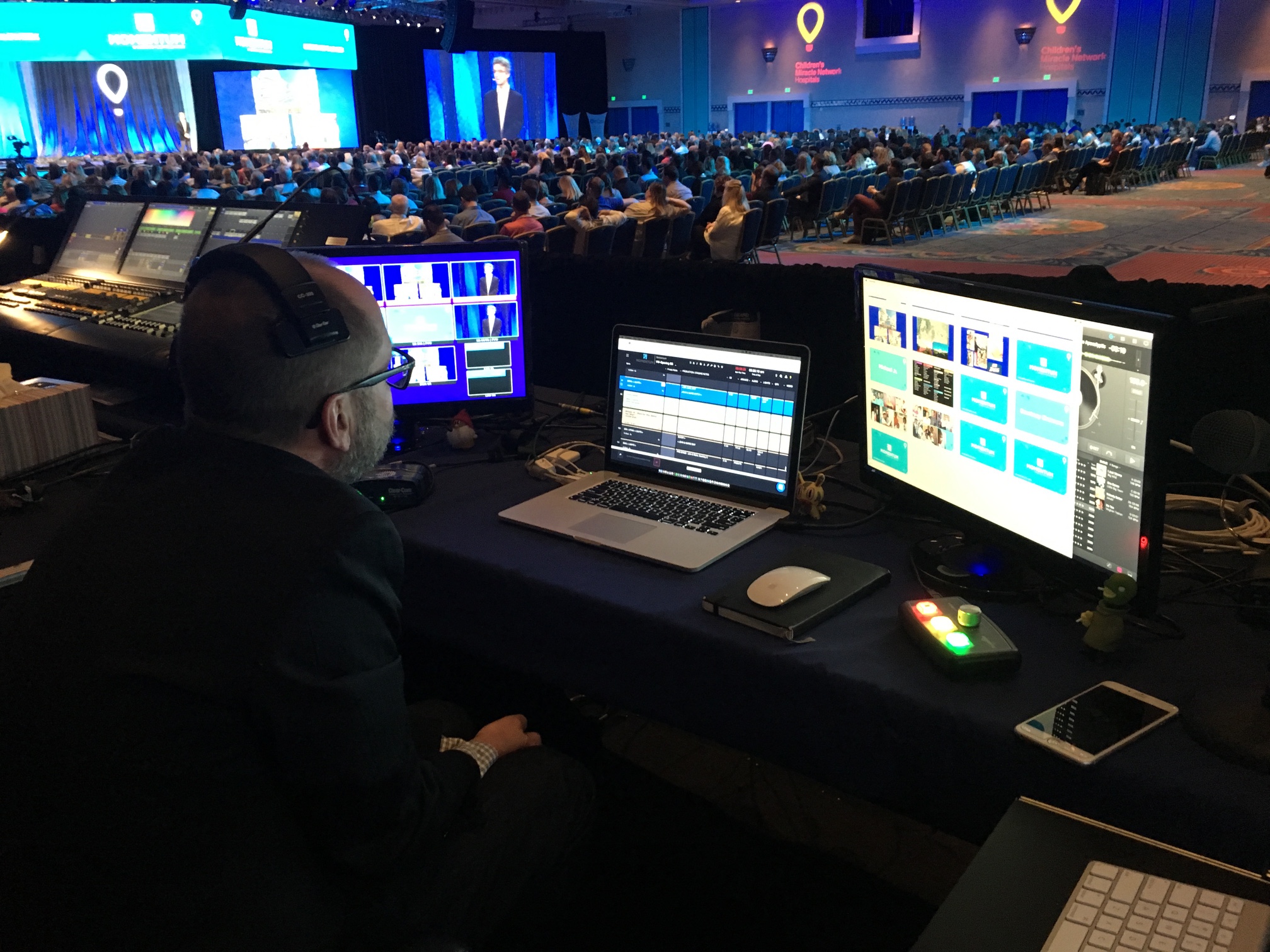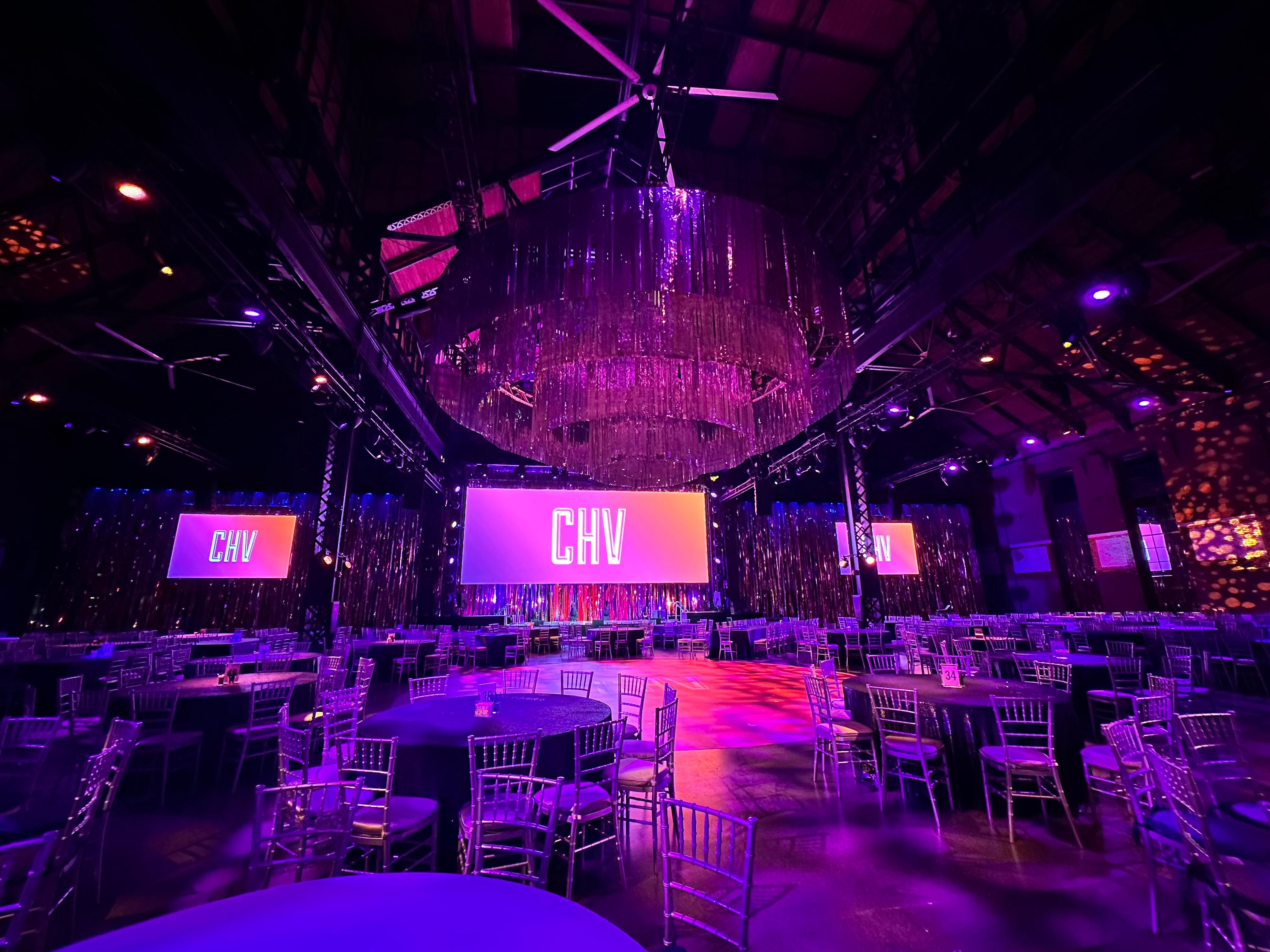Change Your Following Collecting with Expert Event Productions Methods
Change Your Following Collecting with Expert Event Productions Methods
Blog Article
Understanding Just How Events Production Functions: A Comprehensive Summary of the Refine
The details of event manufacturing need a methodical technique that incorporates multiple stages, each playing an important role in the general success of an event. Understanding the subtleties of budgeting, resource allotment, and on-site monitoring is vital for any professional in this area.
Initial Planning and Idea Development
Reliable first planning and concept development serve as the foundation for effective occasions production. This phase includes defining the occasion's function, target market, and wanted end results. A clear vision is necessary; it overviews all succeeding choices and aids line up the group's initiatives toward a typical objective.
Throughout this phase, brainstorming sessions can be invaluable. Engaging stakeholders, consisting of clients, sponsors, and possible guests, promotes a joint atmosphere that generates ingenious ideas. Additionally, thorough marketing research should be carried out to recognize fads, preferences, and prospective challenges.
Once the idea is established, it is critical to produce a comprehensive occasion rundown. This overview should consist of the occasion's style, format, and crucial activities. Developing a timeline is equally crucial, as it helps to handle deadlines and jobs effectively.
Budgeting and Source Allocation
With a solid idea in area, focus must turn to budgeting and resource appropriation, which are vital components in performing the occasion efficiently. A well-defined budget plan offers as a roadmap, describing all expected prices and available resources - Event Productions.
Resource allotment entails appointing both human and financial sources to numerous tasks and components of the event. Prioritization is essential; necessary components should receive adequate funding while much less critical facets might call for a much more conventional technique. Contingency preparation is critical-- assigning a portion of the budget for unforeseen costs can alleviate financial risks.
In enhancement, efficient interaction amongst team participants relating to budget restraints promotes cooperation and advancement. This promotes the liable use of sources and encourages imaginative services to remain within budget plan. Ultimately, a calculated approach to budgeting and source allocation lays the foundation for a successful occasion, enabling coordinators to concentrate on providing a remarkable experience for attendees while keeping financial stability.
Logistics and Control
Navigating the intricacies of logistics and coordination is necessary for the seamless execution of any kind of event. This phase entails meticulous preparation and company to guarantee that all elements function in harmony. Secret components include venue choice, transport arrangements, and the scheduling of different tasks.
Reliable logistics starts with a complete analysis of the venue's constraints and capabilities. This includes comprehending the format, accessibility points, and available resources. When the place is confirmed, transportation logistics need to be developed, incorporating the activity of participants, tools, and products. Coordinating these aspects calls for collaboration with vendors, providers, and transport services to ensure timely shipments and pick-ups.
One more critical element is the advancement of a comprehensive timeline that lays out all logistical components leading up to the event. This timeline works as a roadmap, describing key turning points and deadlines for tasks such as tools setup, catering services, and audiovisual setups. Normal communication with all stakeholders is vital to deal with any kind of possible problems proactively.
Execution and On-Site Administration
Successful implementation and on-site management are essential for transforming thorough plans right into reality throughout an occasion. Their ability to make real-time choices can considerably influence the event's success.
A distinct schedule is necessary, working as a roadmap for all activities. Occasion managers need to ensure that configuration takes place on schedule, sticking to timelines for audio checks, catering distributions, and visitor arrivals. Effective analytic skills are likewise crucial; unexpected difficulties can develop, requiring quick reasoning and adaptability to preserve the occasion's circulation.
Furthermore, focus to visitor experience is critical. Monitoring guest communications, making sure safety methods are followed, and offering assistance team to deal with problems fosters a positive ambience. This level of engagement not only improves the general experience but also shows see the professionalism of the event group. Event Productions. Eventually, effective implementation and on-site monitoring joint on in-depth prep work, reliable interaction, and a dedication to providing an exceptional event for all involved.

Post-Event Examination and Feedback
The conclusion of any kind of event lies not just in its implementation but likewise in the detailed evaluation that complies with. Post-event analysis is important for figuring out the total success of the occasion and identifying areas for enhancement. This procedure commonly involves gathering comments from different stakeholders, consisting of participants, suppliers, and employee, to acquire a thorough viewpoint on their experiences.
To structure the evaluation, occasion coordinators commonly use studies and meetings, concentrating on vital efficiency indications such as participant contentment, logistical efficiency, and budget adherence. Analyzing this data allows planners to assess whether the occasion fulfilled its purposes and to recognize the toughness and weak points of the execution.
By methodically dealing with responses and carrying out changes, occasion professionals can boost their methods, ultimately leading to even more impactful and effective events. In final thought, post-event evaluation is an essential step in the occasion production procedure that ensures recurring growth and quality in future endeavors (Event Productions).
Verdict

The intricacies of occasion production demand a systematic method that incorporates multiple stages, each playing a critical function in the total success of an event.With a solid idea site link in place, focus should transform to budgeting and resource appropriation, which are vital elements in executing the event effectively.Resource allocation involves assigning both human and financial sources to numerous jobs and elements of the event. Ultimately, a calculated strategy to budgeting and source allocation lays the foundation for a successful occasion, enabling planners to focus on providing a remarkable experience for guests while preserving economic honesty.

Report this page